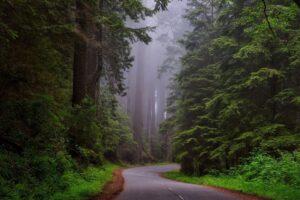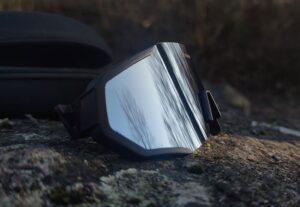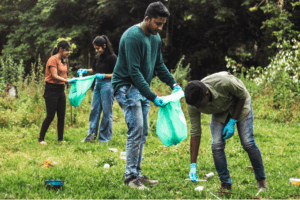Whether you’re a seasoned camper or looking to take your first camping trip, it’s important to understand whether you need to make reservations when going camping these days, as demand for campsites has surged in the past few years, so there have been changes.
The short answer is that it depends on where and when you’re going, what amenities you want, and how far in advance you want to plan your trip.
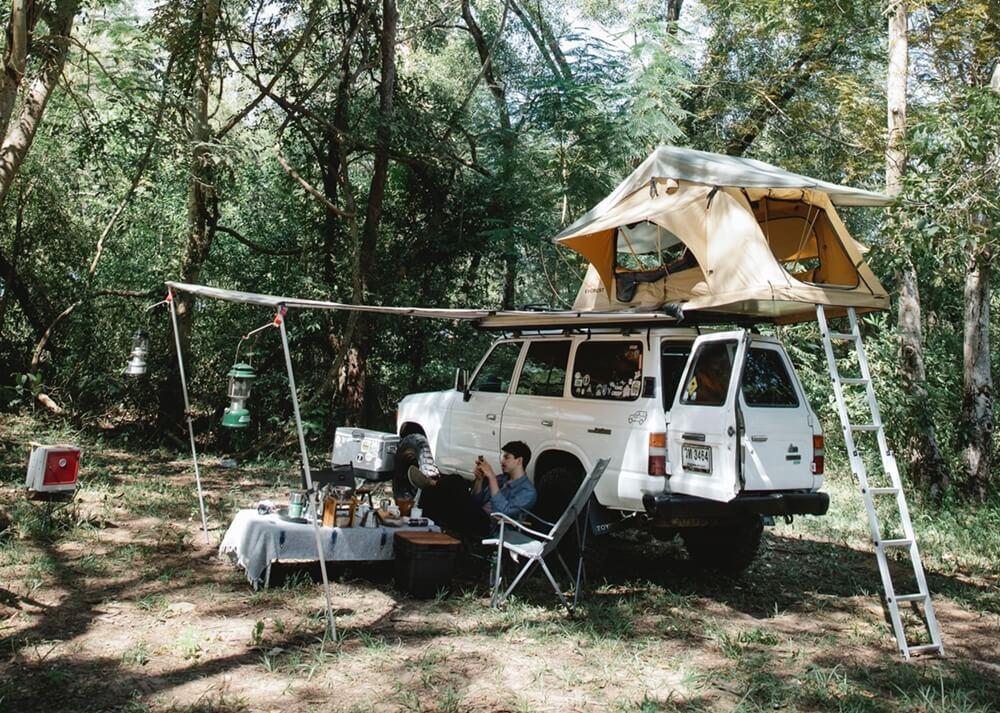
Should You Make Camping Reservations?
In an ideal world, you should make camping reservations as soon as you know what your plans are. By reserving your campsite, you have a guaranteed place to stay, know what amenities are going to be available to you, and can set your budget for the trip.
Online reservations and the surge in popularity of camping have made campground reservations more challenging. Some campgrounds allow you to book as far as in advance as you reasonably want, while others have restrictions on how far in advance you book, which could be 30 – 90 days in the future.
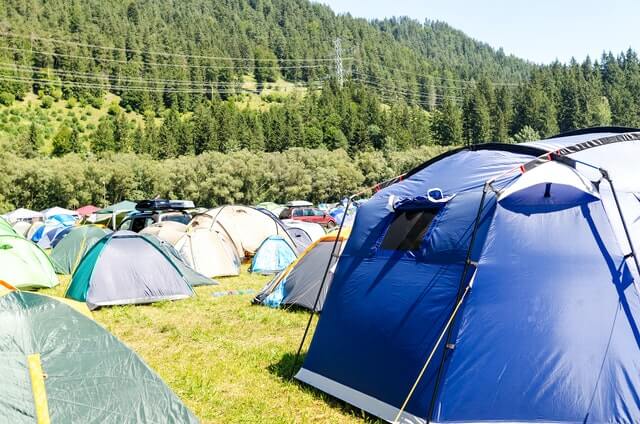
If you’re not able to book far into the future for your camping experience, you may need to pick less popular destinations or look for smaller campgrounds with fewer amenities in the location you want.
The other option is to look into first-come, first-served campgrounds or dispersed camping, which are mostly on Bureau of Land Management and US Forest Service managed land.
Tips To Make Camping Reservations
Often the popular campgrounds or the best campsites get booked almost immediately once they’re open for booking, which leaves you wondering how you can make camping reservations.
- Try to book as soon as you know your dates.
- Know when the campground you want opens for bookings at the times you want and don’t delay.
- Be flexible on your timings, try different dates and weekdays, or even try shortening your trip to see if any reservations are available.
- Be flexible on your location; most areas have a range of campsites, so if one is booked, then consider widening your search to nearby campgrounds.
- Check for cancellations 2 – 3 weeks before your planned trip; this is often when most cancellations happen, so if you have an upcoming trip, see if there are any spots available in 2 – 3 weeks.
- Reserve your spot as soon as you find a possibility; if you wait and check with your camping friends, the spot may be taken.
Camping Without A Reservation
Camping without a reservation comes down to first-come, first-served campgrounds or dispersed camping spots. However, if you have a short notice camping trip planned, you should still try to book a campground or at least see which are available.
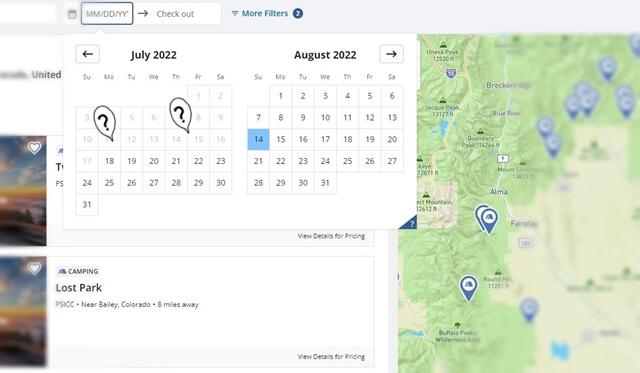
If you just turn up at campgrounds and try to register, you may be turned away, especially during busy times. So even if there are no reservations, you know what your options are, or if you find one on short notice, you can quickly reserve the spot.
First-Come, First-Served Campgrounds
First-come, first-served campgrounds are campgrounds that don’t allow reservations or have some spots available that can’t be reserved. With these campgrounds, you need to turn up and try to get a spot; if there’s one free, then you take it, and it’s yours.
You still need to pay standard prices for first-come, first-served campgrounds, though often they’re cheaper because most of these campgrounds are undeveloped.
You will often get a rugged site to set your tent or camper up on, a pit or vault toilet is almost always available, and freshwater is common but not always guaranteed. Outside of those basic amenities, you don’t often get showers, electricity, or any other amenities.
These campgrounds are best for self-contained campers or for short visits for a specific activity for 1 – 2 days, such as hiking up a state park mountain or exploring a rainforest.
Boondocking or Dispersed Camping
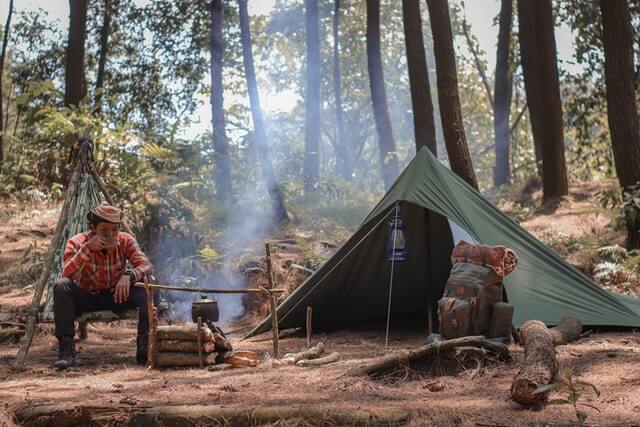
Boondocking or dispersed camping is essentially free camping on public land where there are no amenities, and you’re fully self-contained with everything that you need. Boondocking is most often available on BLM or USFS managed land, which is typically state or federal forests or parks.
General dispersed camping rules for public land include:
- No camping near trailheads, recreational areas, or developed campgrounds.
- Keep your campsite as small and reuse old dispersed campsites.
- Use existing campfire or fire ring areas.
- Make your campsite in an area without vegetation.
- No camping within 200 feet of a water source
- Dispersed camping in the same area is limited to 14 days within 30 days.
- Get a campfire permit in some states
- Take away whatever you bring to the campsite
So if your plan was to set up camp just outside one of the developed campgrounds in a state park, that’s not allowed, and you won’t get easy access to the facilities there. Many people will use any land they want or set themselves up in parking lots, but this is illegal, and you are likely to be asked to move by private owners or enforcement officers in the local region, assuming they find you.

